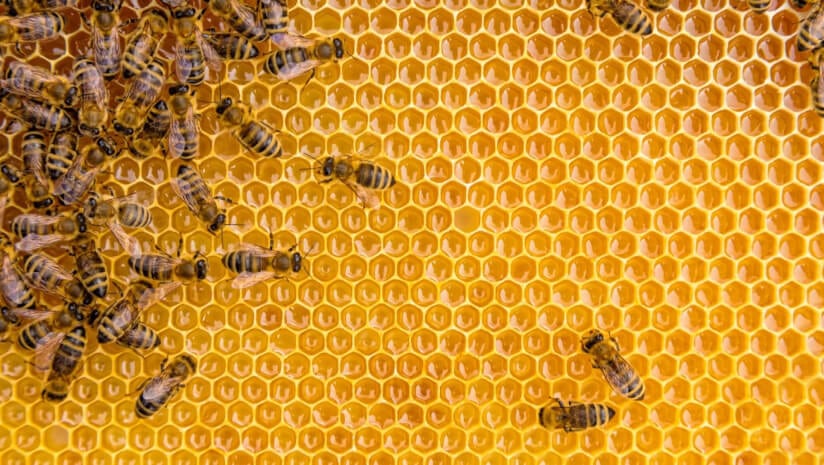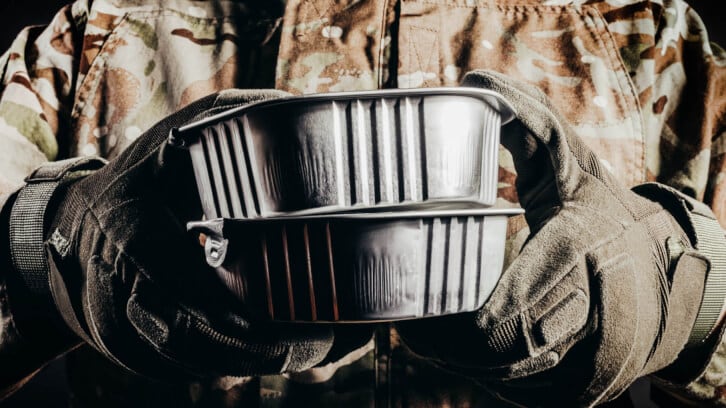According to a recently published study, six weeks of supplementation with the rare and valued honey can reduce skeletal muscle-related inflammatory biomarkers thanks to its rich nutritional profile and high phenolic content.
“The adverse effects of overtraining syndrome on muscular performance highlight the importance of taking preventive measures such as appropriate training plans and dietary supplementation,” researchers from AJA University of Medical University in Tehran wrote in the journal Health Science Reports. “Currently, limited evidence exists on the association between nutrition and overtraining syndrome. Prolonged honey consumption can mitigate exercise-induced immune disruptions in muscles.”
While little is known about the advantages of honey supplementation as an adjunct to mandatory military training, the study cited evidence suggesting that honey increases physical performance at moderate exercise training and decreases the production of inflammatory cytokines and fatigue biomarkers after intense exercise.
Honey, inflammation and the troops
Honey contains over 180 different compounds, including sugars, proteins, enzymes, vitamins, minerals, amino acids and polyphenols. It is this rich nutritional content that positions it as wound-healing and digestive aid, cough suppressant, blood sugar manager and free radical scavenger.
“Honey is an immune-modulating substance with a dual function: anti-inflammatory activities via downregulation of inflammatory transcription factors (NF-B and MAPK) and/or suppression of the production of pro-inflammatory cytokines and stimulation of the production of inflammatory mediators, such as prostaglandin E2 (PGE2) and cyclooxygenase-2 (COX-2),” the researchers wrote.
Given these responses, they highlight honey’s potential to decrease the expression of inflammatory biomarkers after high-intensity military exercise training to support skeletal muscle recovery and minimize injury-related muscle contraction impairments.
Study details
The randomized double-blind controlled trial recruited 42 overtrained male military graduates between the ages of 20 and 30 and assigned them to receive either 5 mL of a 12% milk vetch honey solution twice daily or an aspartame placebo for six weeks. All participants belonged to a specialized military unit and consumed the same standard Persian cuisine at every meal.
The researchers evaluated serum levels of C-reactive protein (CRP), tumor necrosis factor-α (TNF-α), aldolase A and creatine kinase (CK) using the enzyme-linked immunosorbent assay method before and after the intervention.
“No significant differences were found between the groups in the pre-intervention assessment of inflammatory biomarkers, the researchers reported. “However, in the post-intervention assessment, participants who received honey exhibited significantly smaller increases in CRP, TNF-α, aldolase A and CK levels compared to the controls. The mean changes in these biomarkers were notably lower in the honey group indicating a potential anti-inflammatory effect of honey.”
To confirm and extend the findings, they recommended further research with larger sample sizes, longer follow-up periods and a wider array of inflammatory and metabolic markers, particularly considering the pervasiveness of conscripted military service and the associated risk of overtraining.
Source: Health Science Reports. doi: 10.1002/hsr2.70428. “The Effect of Honey Supplementation on Skeletal Muscle-Related Inflammatory Markers Among Military Graduates After Overtraining”. Authors: Esmail Karami et al.



